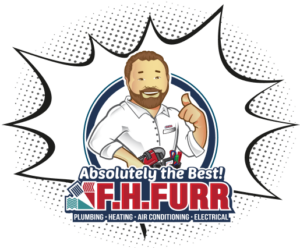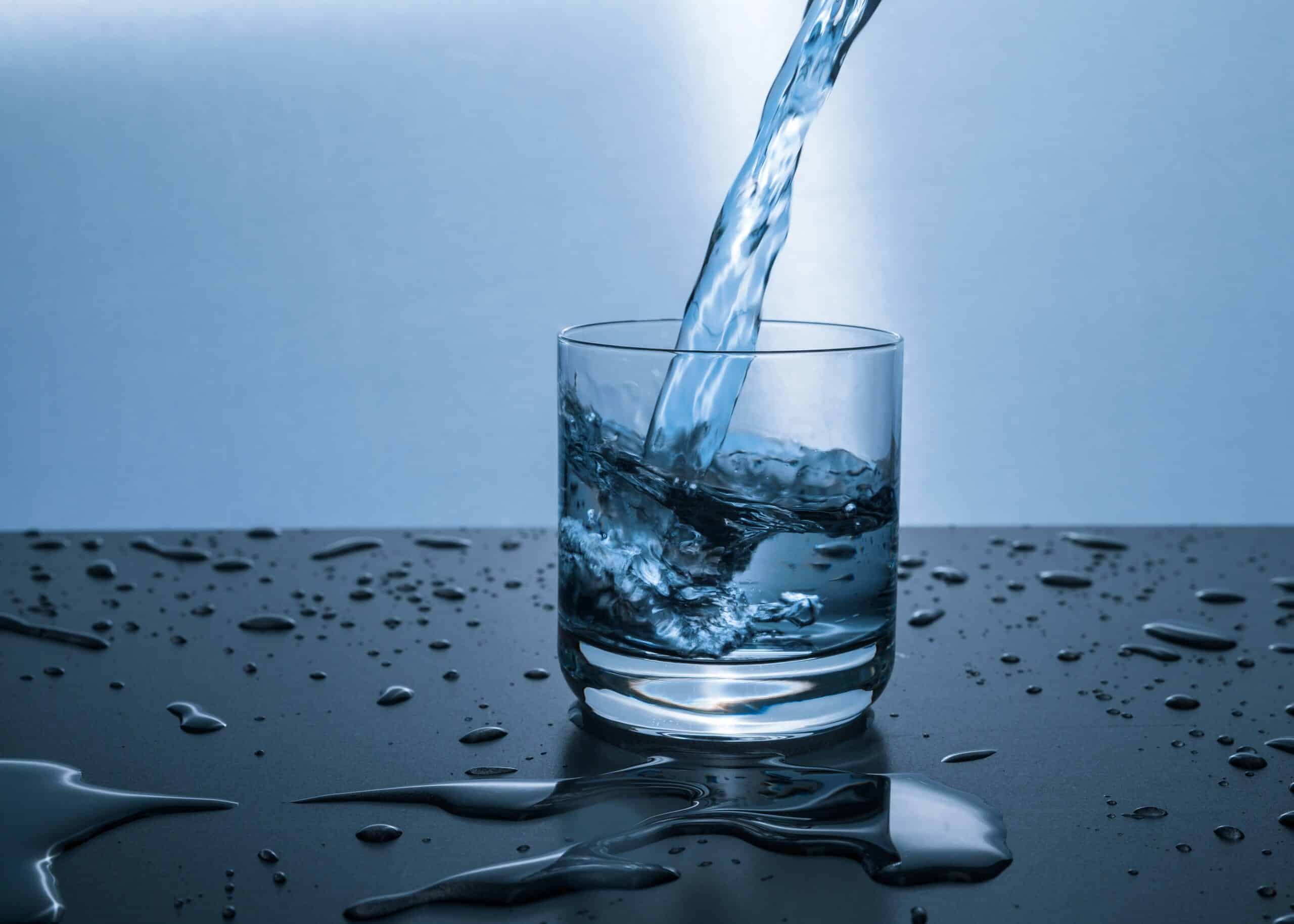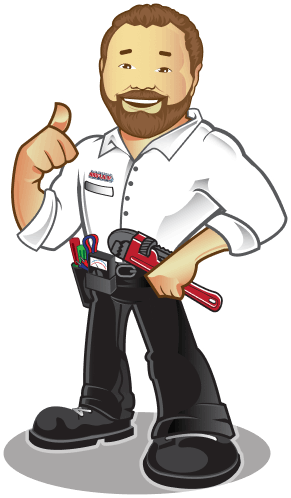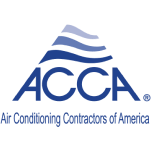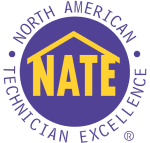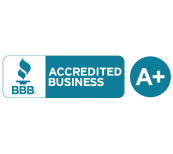Is Your Heating System Ready To Take On The Cold?
With all the back-to-school supplies hitting the shelves, we are starting to prepare for fall and the winter months ahead. The last thing you must worry about as you juggle your new schedule and after-school activities is your heating system failing when you need it the most.
While we have been having fun in the sun, our heating system has been accumulating dust and dirt. If proper action isn’t taken to get your system inspected, it will show on your higher utility bills.
It’s important to us to make sure that doesn’t happen!
At F.H. Furr, we offer a 28 Point Heating Inspection on your system, ensuring that it is ready to take on the cold months that are just around the corner.
Here is what we will check during our inspection:
- Visually inspect capacitors for leakage and rust
- Inspect readily accessible ducts for obvious air leaks
- Complete operations sequence check
- Check the crankcase heater for proper maintenance
- Inspection of air filtration system
- Inspect blower wheel
- Inspect blower and motor and record AMP draw (lubricate as needed)
- Replacement of filter provided by the customer while on-site at the time of inspection
- Inspect unit wiring and electrical disconnect
- Check and calibrate thermostat as required
- Inspect gas lines and connections at the furnace/boiler for leaks
- Check high limit control (adjust as needed)
- Inspect burner ignition system and assembly
- Inspect gas burners
- Check and adjust manifold gas pressure
- Check temperature rise across the heat exchanger for overheating
- Inspect the heat exchanger for soot, corrosion, cracks, and deformities
- Inspect gas valve for corrosion, leaks, restriction of gas flow, and abnormal noise
- Inspect furnace/boiler wiring assembly for loose connections
- Inspect flue and venting for obstructions and leaks
- Check the electrical circuit to the furnace/boiler. Test all electrical/safety circuits/controls for proper operation
- Inspect the entire furnace/boiler for loose or worn parts and abnormal vibrations
- Test and adjust the unit for peak operating efficiency
- Check carbon monoxide emission level or pass/fail
- Check defrost cycle and reversing valve operation (heat pumps only)
- Tighten screw lug terminals in condensing unit (heat pumps only)
- Check refrigerant level (heat pumps only)
- Check emergency heat systems for proper operation (heat pumps only)
One of the most important things about getting an inspection on your equipment is ensuring that your system runs safely without any leaks. A leaking system will let dangerous carbon monoxide into your home. YIKES!
If you are ready for a heating maintenance inspection, head to our website or give us a call to schedule an appointment!


